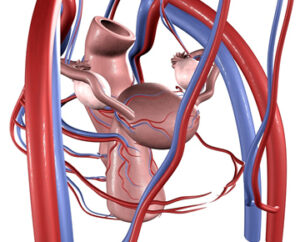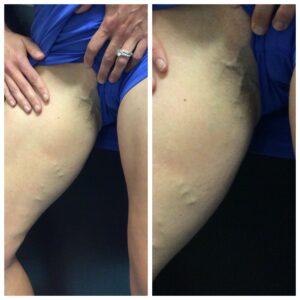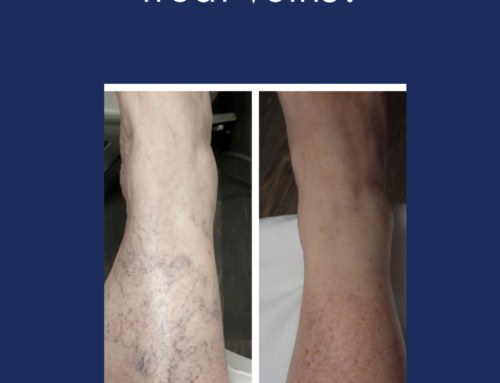Labial Veins and Pelvic Pain May Be Signs of Vascular Disease

Pelvic vein disorder, also known as pelvic congestion syndrome (PCS), is a common disease of the vascular system in women. Pelvic vein disease is a condition in which varicose veins develop in the veins of the pelvis. Like varicose veins in the legs, pelvic vein disease results from impairment of the valves in the veins and engorgement of the blood vessels. It is estimated to occur in approximately 15% of women in the US. Instead of flowing properly to the heart, blood pools in the pelvic veins and causes symptoms such as dull pain, heaviness, and pressure. Symptoms include a dull, aching pain in the pelvic region or lower back, irritable bowel and bladder, pain after sexual intercourse, and vulvar or labial varicose veins. You may also notice varicose veins in the groin or in the upper thigh.

PCS is a highly treatable condition. If you have symptoms of PCS or bulging veins in the vulvar region that affect your quality of life, you should consider being evaluated for PCS. PCS is diagnosed by your medical history, physical examination and special imaging using magnetic resonance venogram to see the blood vessels within the pelvis. Often, we will see large clusters of varicose veins surrounding the ovaries.
Dr. Elliot DeYoung treats PCS. Call us if you would like to discuss concerns about pelvic congestion.





